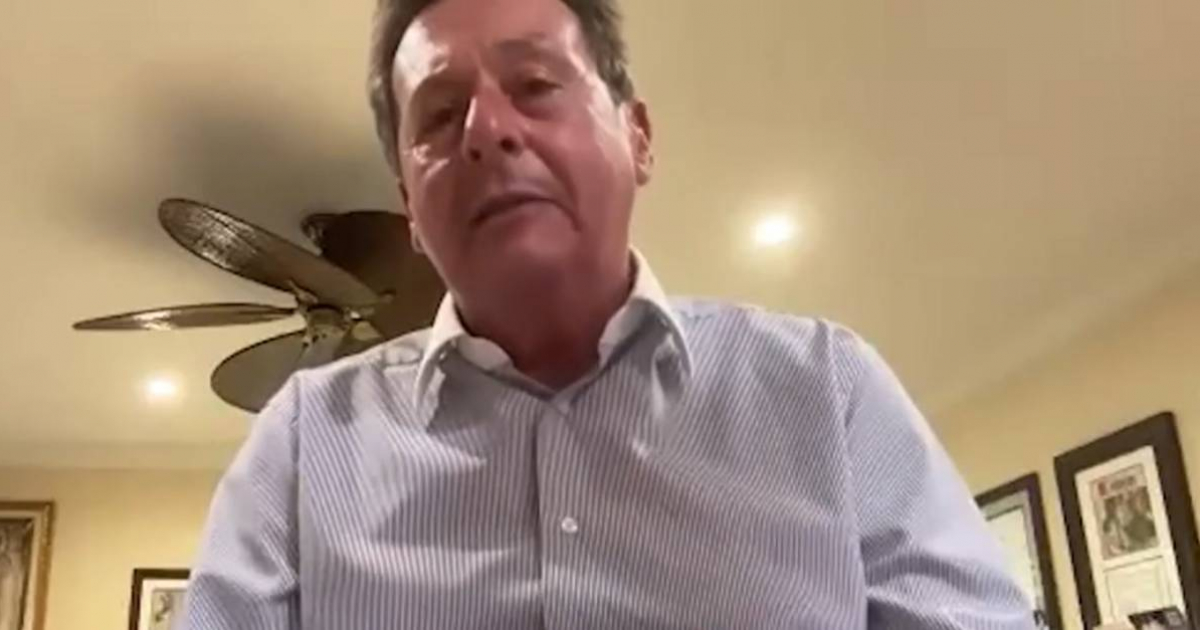The successful Cuban-American businessman Sergio Pino has asserted that the government in Havana will likely exploit the newly approved economic measures by the Biden Administration. Nevertheless, Pino believes that the Cuban people could benefit from these changes. "The Havana regime will try to infiltrate. Of course, there will be tricks, but these measures are still positive," the millionaire told Univisión News.
New Economic Measures Announced
On Tuesday, the Department of the Treasury announced a set of economic measures designed to support Cuban entrepreneurs. Among these is the authorization for private businesses to open bank accounts in the United States. Additionally, the term "private sector entrepreneurs" has been expanded, "U-turn" transactions have been reinstated to facilitate remittances and payments from the U.S. to Cuba, and there are expected advancements in promoting internet freedom on the island.
"From what I understand, these accounts are for SMEs, for business people, and not connected to the Cuban government. Therefore, I see this as a step forward," said Pino, who hosted over 70 private Cuban entrepreneurs at his Miami mansion in September 2023.
Owners of small and medium-sized enterprises view these measures by the Biden Administration as expanding their business opportunities, but it's not all rosy. A segment of the opposition in Miami warns about the dangers of trusting the regime.
Political Ramifications
The new measures exclude various political actors and Cuban government officials, labeling them "prohibited." They are listed on an extensive roster of individuals, including ministers and deputy ministers; members of the Council of State, the Council of Ministers, and the National Assembly of People's Power; employees of the Ministry of the Interior and the Armed Forces, the Supreme Court, as well as state organizations and media outlets.
The Cuban government has criticized the U.S. measures as "limited" in supporting private sector entrepreneurs, arguing that they do not address the core of the blockade against Cuba or additional sanctions. Bruno Rodríguez Parrilla claimed that these provisions do not mitigate the embargo's impact on Cuban families. The foreign minister once again complained about the U.S. government’s inclusion of Cuba on the list of State Sponsors of Terrorism.
On both sides of the Florida Strait, there is a mix of expectation and skepticism regarding the measures. It is believed that few U.S. banks will be willing to work with Cuban entrepreneurs due to the high perceived risk and the fact that Cuba remains on the list of countries sponsoring terrorism.
Furthermore, a change in administration could reverse these measures if Donald Trump wins the upcoming election in November. While the restrictions have been lifted, it will depend on private banking institutions to decide whether to respond enthusiastically or cautiously, based on the fine print of the regulations.
Implications of New U.S. Economic Measures for Cuba
This section addresses common questions about the recent economic measures announced by the U.S. and their potential impact on Cuban entrepreneurs and the broader political landscape.
What are the new economic measures announced by the U.S.?
The measures include authorizing private businesses to open bank accounts in the U.S., expanding the definition of private sector entrepreneurs, reinstating "U-turn" transactions for remittances and payments, and promoting internet freedom in Cuba.
How might these measures benefit Cuban entrepreneurs?
The measures are expected to expand business opportunities for small and medium-sized enterprises by allowing them access to U.S. banking services and facilitating easier financial transactions.
Why is there skepticism regarding the new measures?
There is skepticism because the Cuban government may try to exploit these measures, and the high perceived risk associated with doing business with Cuba may deter U.S. banks from participating. Additionally, a change in the U.S. administration could reverse these policies.
